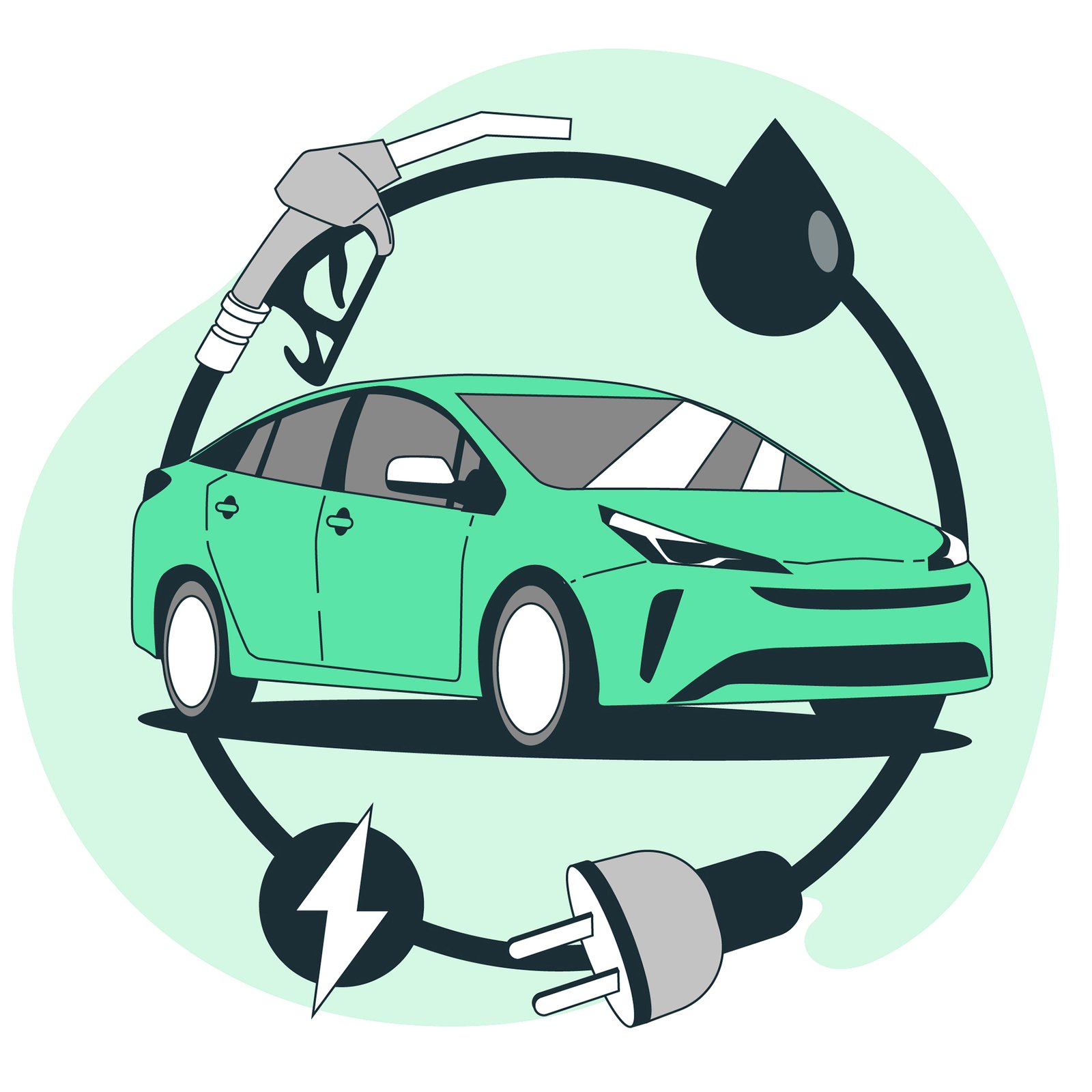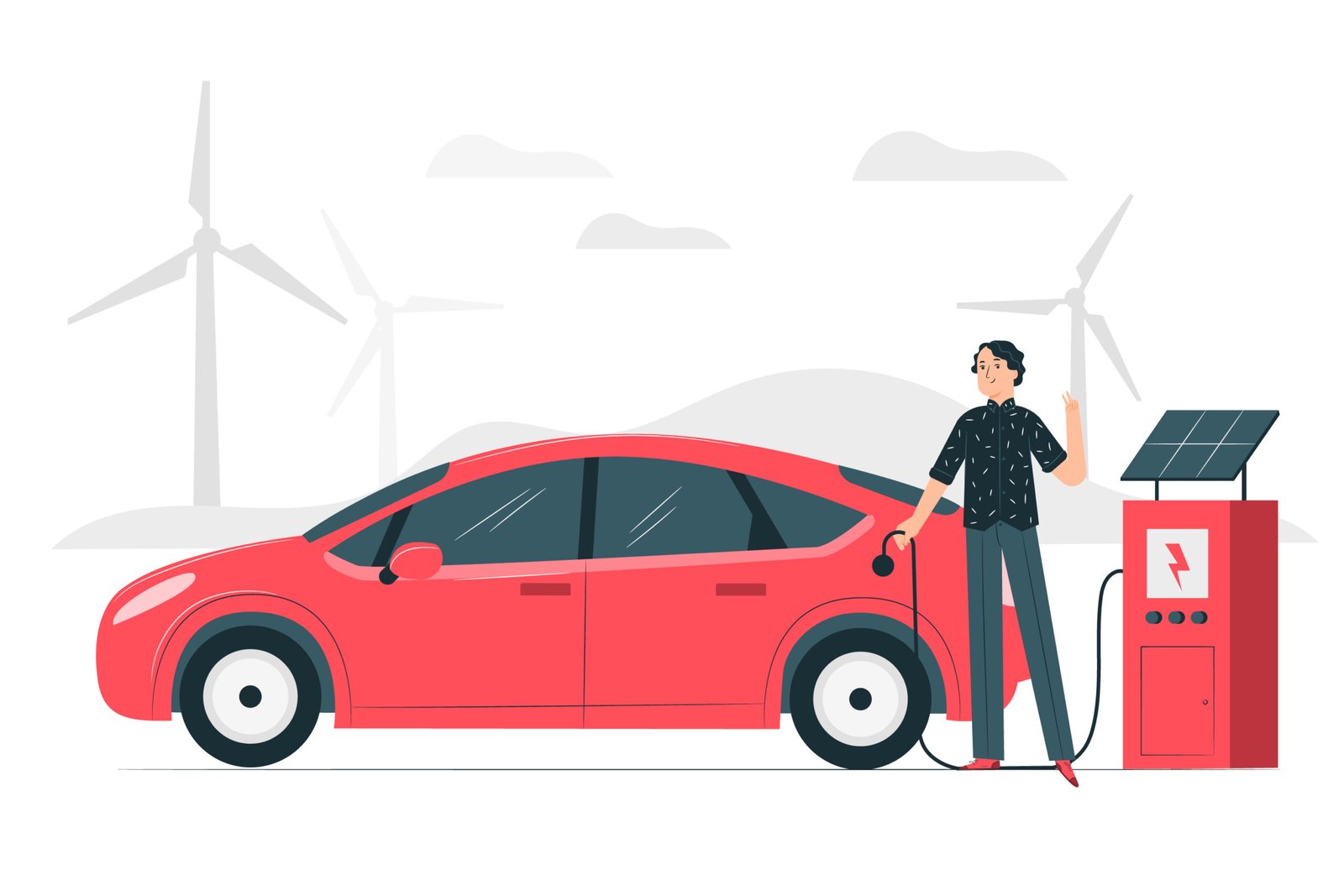Breaking Down the Benefits: Why Electric Vehicles Are the Future of Transportation

Electric vehicles (EVs) have been gaining popularity in recent years, and for good reason. As the world continues to grapple with climate change and the need to reduce greenhouse gas emissions, EVs offer a promising solution for a cleaner and more sustainable future of transportation. In this article, we will explore the numerous benefits of electric vehicles and why they are poised to become the future of transportation.
1. Environmental Benefits
One of the most significant advantages of electric vehicles is their positive impact on the environment. Unlike traditional gasoline-powered cars, EVs produce zero tailpipe emissions, meaning they do not release harmful pollutants into the air. This reduction in emissions helps to improve air quality and combat the effects of climate change.
In addition, the electricity used to power EVs can be generated from renewable energy sources such as solar or wind power. By transitioning to electric vehicles and renewable energy, we can significantly reduce our dependence on fossil fuels and decrease carbon dioxide emissions, helping to mitigate the effects of global warming.
2. Cost Savings
While the upfront cost of purchasing an electric vehicle may be higher than that of a conventional car, EV owners can enjoy long-term cost savings. Electric vehicles have lower operating costs compared to gasoline-powered cars, primarily due to the lower cost of electricity compared to gasoline.
Furthermore, EVs require less maintenance than traditional vehicles. They have fewer moving parts, which means fewer components to wear out or break down. This translates to lower maintenance and repair costs over the lifespan of the vehicle.
3. Energy Independence
Electric vehicles offer the potential for greater energy independence. With the ability to generate electricity from renewable sources, countries can reduce their dependence on imported oil and achieve greater energy security. This shift towards electric transportation can also help to stabilize fuel prices and reduce the vulnerability to oil price fluctuations.
4. Improved Public Health
The transition to electric vehicles can have a positive impact on public health. By eliminating tailpipe emissions, EVs help to reduce air pollution, which is a major contributor to respiratory diseases and other health problems. Cleaner air quality can lead to a decrease in respiratory illnesses, allergies, and other related health issues, resulting in improved overall public health.
5. Technological Advancements
The development of electric vehicles has spurred technological advancements in the automotive industry. As more resources are invested in EV research and development, we can expect to see continued improvements in battery technology, charging infrastructure, and overall vehicle performance.
These advancements will not only benefit electric vehicles but also have a ripple effect on other industries such as renewable energy and energy storage. The growth of electric vehicles will drive innovation and create new opportunities for job creation and economic growth.
Conclusion
Electric vehicles offer a multitude of benefits that make them the future of transportation. From their positive impact on the environment to cost savings and technological advancements, EVs are a viable solution for a cleaner and more sustainable future. As we continue to prioritize sustainability and reduce our carbon footprint, electric vehicles will play a crucial role in achieving our goals. It’s time to embrace the electric revolution and drive towards a greener future.






